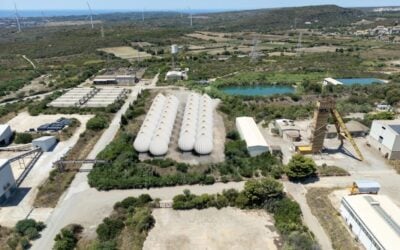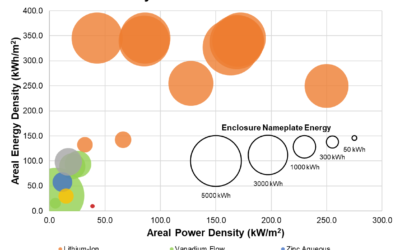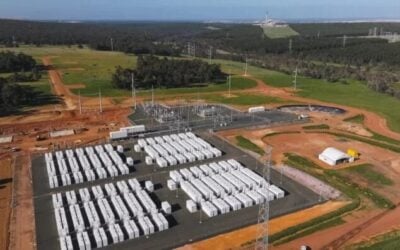Toyota will put a commercial fuel cell vehicle (FCV), which it claims can be refuelled in less than five minutes, onto the market in Japan, Europe and the USA from as early as mid-December, the carmaker has announced.
The Toyota Mirai, which means ‘future’ in Japanese, is a four-door sedan which the company claims “fully competes with traditional internal combustion engines”. Powered by hydrogen, the car, in addition to its quick charge time, travels up to 300 miles on a single tank of fuel, Toyota says.
Enjoy 12 months of exclusive analysis
- Regular insight and analysis of the industry’s biggest developments
- In-depth interviews with the industry’s leading figures
- Annual digital subscription to the PV Tech Power journal
- Discounts on Solar Media’s portfolio of events, in-person and virtual
According to reports, the car will be launched in Japan on 15 December this year, with the USA launch held off until late 2015. Toyota claims the Mirai’s performance represents something of a “major leap forward” in performance, managing 3.1kW per litre of fuel. The fuel stack fits under the front seats, combining hydrogen with oxygen to drive the car. The car can reach 153hp and can go from nought to sixty in nine seconds. It is expected to cost around US$57,000 but that could come down in the US especially where federal and state subsidies could apply to cut more than US$10,000 off that figure, according to Toyota.
The company will also provide free fuel for three years, presumably to quell concerns about the overall cost of ownership. The EV industry has similarly struggled with a different but similar psychological and technological barrier – end consumers’ fears of “range anxiety”.
Toyota has sought to tackle the infrastructure shortage head-on, lending around US$7 million to FirstElement Fuels, a company which is installing a number of charge points in California. According to Toyota, California will have 48 charge points for FCV by the end of 2016, while New York, New Jersey, Massachusetts, Connecticut, and Rhode Island will get 12 charging stations in 2016, built by AirLiquide, in partnership with Toyota.
Despite the assurances provided by Toyota over complementary fuel and charging infrastructure, one analyst told PV Tech Storage that he believed the challenges facing mass adoption of fuel cell vehicles would be difficult to overcome in the near future.
Ravi Manghani of GTM Research, who has carried out both academic and practical work on fuel cells before becoming an energy storage analyst and consultant, said that in addition to the need for charging infrastructure, safety and the loss of performance over time in FCVs meant widespread use of the technology are “still a few years away at the least”. Nonetheless, Toyota’s rivals including fellow Japanese company Honda are also preparing FCVs for imminent launch.
“Fuel cells have come a long way on safety record, but still a concern due to presence of highly flammable fuel and relatively high temperatures,” Manghani said.
On the loss of performance over time, Manghani said fuel cells’ use of expensive membranes, which deteriorate irreversibly over time could be problematic. He questioned whether Toyota’s warranty for the Mirai, over eight years or 100,000 miles, would be sufficient and wondered what that might do for the overall cost of ownership.
Manghani applauded the environmentally friendly credentials of the car, but said the issues mentioned remained an obstacle.
“Given these issues that don’t necessarily fade away with manufacturing at scale and impact end-customer’s perception of cost and risk, FCVs are still few years away at the least,” he said.
“I’m a big fan of greening our transportation system and in that sense Mirai is a great step in that direction, but will not be transformative right away.”






